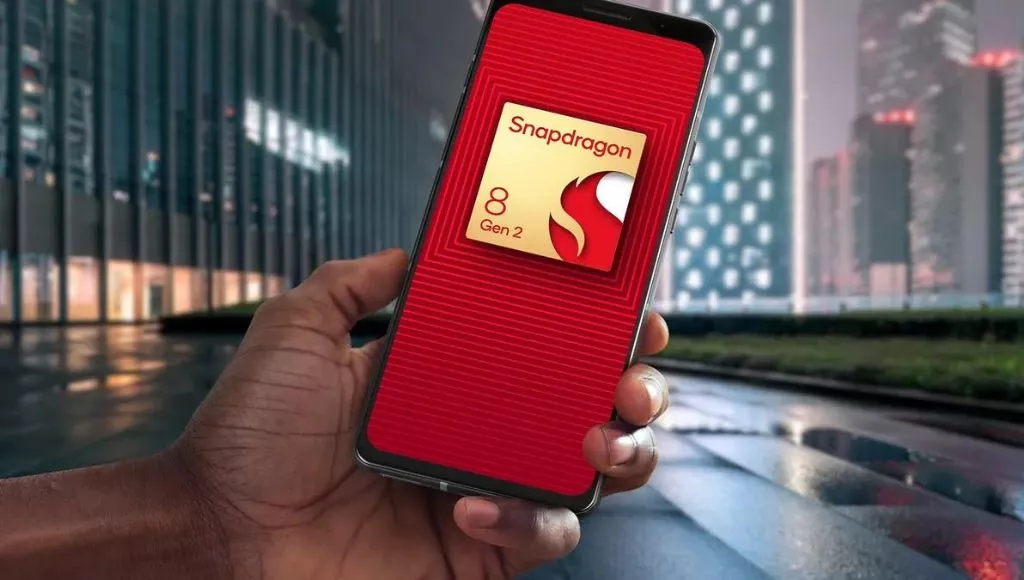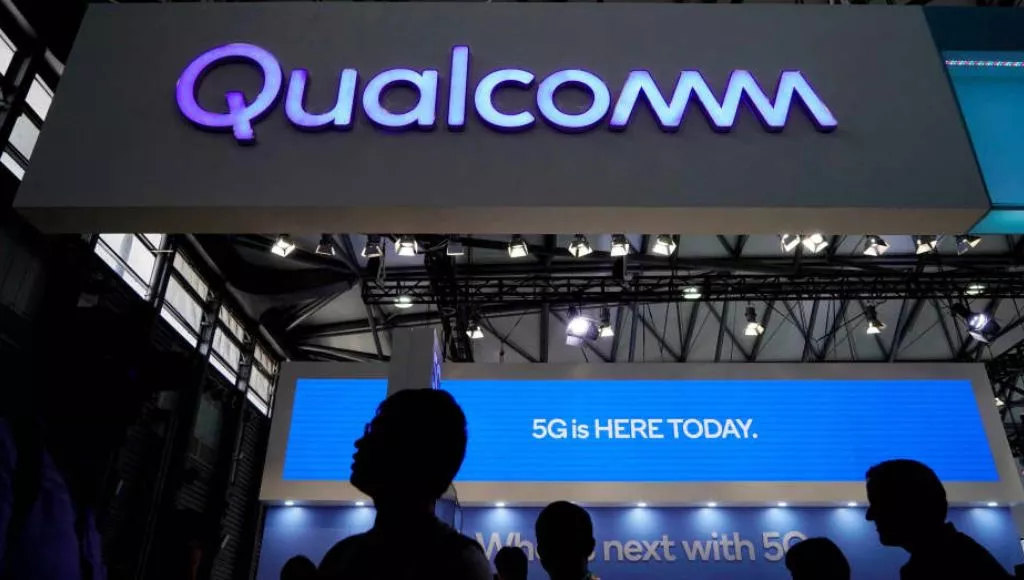US semiconductor giant Qualcomm announced late last week that it is ending its partnership with satellite communications provider Iridium. Both companies had forged a strategic partnership earlier this year to provide satellite-to-phone services to Android users, similar to Apple’s emergency messaging via satellite feature that was introduced on the iPhone 14 series.
However, the Snapdragon Satellite, which was unveiled at the Consumer Electronics Show (CES) 2023 in Las Vegas to much fanfare, failed to catch on as none of the Android smartphone manufacturers implemented the feature to their latest devices.
Android’s Answer to Apple’s Satellite-to-Phone Emergency Service Fall Flat on its Face
Snapdragon Satellite, viewed as Android’s answer to iOS’s Emergency SOS via Satellite, was supposed to connect Android smartphones with Iridium’s satellite constellation, enabling the phones to use the company’s L-band network to send emergency messages.

Qualcomm offered the chipset as an option on its flagship Snapdragon 8 Gen 2 Mobile Platform, which is used by Samsung, Motorola, OnePlus, Xiaomi, and others. Despite a number of manufacturers signing up to use Snapdragon Satellite, they decided to push implementing the processor by another year.
Samsung, the largest Android smartphone maker by sales volume, skipped satellite connectivity in its Galaxy S23 flagship. However, there are reports suggesting that the company will include the feature in the soon-to-be-announced Galaxy S24.
Last month, while giving a keynote speech at the 2023 Semiconductor Expo (SEDEX), Samsung Electronics head of the business division, John Yong-In-Park, said that the 2024 Galaxy phones will offer satellite connectivity, without mentioning any specific models. But with the latest development, it is highly unlikely that Iridium will be the satellite communications provider for the South Korean tech giant.
In a press statement announcing the termination of the partnership, Iridium noted that despite both companies successfully developing and demonstrating the phone-to-satellite connectivity technology, none of the leading smartphone manufacturers included the technology in their devices.
Matt Desch, the CEO of Iridium, said that while he was disappointed that the partnership “didn’t bear immediate fruit”, he believes the direction of the industry is clear toward increased satellite connectivity in consumer devices.
ALSO READ:- Google Makes a Move: Invests In AI Chatbot Startup Character.AI
Space Companies Investing Big in Connecting Unmodified Phones Directly to Satellites
The move comes at a time when the space industry is starting to explore how big of an opportunity satellite-to-device connectivity is. Apple hooked up with Globalstar to kick off the trend by making its smartphones compatible with existing satellites using a licensed mobile satellite services (MSS) spectrum.
Last year, chipmaker MediaTek announced its MT6825 chipset that offers two-way satellite messaging, location sharing, and emergency SOS services for Android devices through Bullitt’s Satellite Connect platform.
Earlier this year, Elon Musk’s Space X entered into a partnership with T-Mobile, allowing customers on the T-Mobile network to connect to Starlink satellites to send and receive SMS and MMS messages from places with no cellular coverage.
Satellite company AST SpaceMobile announced last month that it has partnered with several telecom firms including AT&T, Rakuten, and Vodafone to provide similar services. Meanwhile, Lynk Global plans to set up a constellation of several thousand satellites that aims to provide cellphone coverage in space.
ALSO READ:- From $50 to $500: Can Solana (SOL) Pull Off a 10x Gain By 2026?
The Writing Was on the Wall for Iridium and Snapdragon
Iridium had a service provider agreement with Qualcomm and was supposed to receive royalties from devices powered by Snapdragon Satellite chips that were sold and their network usage fees. Since manufacturers failed to provide a certain adoption deadline and Qualcomm now ending the partnership, the company did not factor Qualcomm’s service revenue into its official guidance for the year.
Iridium projects to hit $1 billion in annual service revenue by the end of 2030.
However, experts say that something was already off with the Qualcomm deal since the beginning. In a research note, Louie DiPalma analyst William Blair said that both price and technology were contributing factors to the demise of the collaboration.
He noted that even though Snapdragon said the Iridium service was functional and available for smartphone manufacturers to incorporate into their devices, they were far more concerned about the economics of the matter and were objecting to the price Qualcomm was charging for using the technology.
Meanwhile, Peter Kibutu, the advanced technology lead for non-terrestrial networks (NTNs) at tech consultancy firm TTP, argued that the Qualcomm chip was not adopted by companies because it heavily relied on Iridium’s “proprietary technology” versus the standards-based tech, which he says constrains the connectivity to an individual satellite network and fails to take advantage of the vibrant standards-based ecosystem.
During an investor day in September, Iridium hinted at a probable narrowband NTN service for use cases involving agriculture and asset tracking. The company’s CEO said it would be a “low average revenue per user” IoT service with high latency for low-cost devices, making it different from its “premium IoT”.
Manufacturers Preferred Standards-based Solutions for Unmodified Cellphones Over Snapdragon Satellite
At the same time, companies like SpaceX, AST SpaceMobile, and Lynk Global are designing satellites that are able to communicate with unmodified cell phones by using terrestrial spectrum through partnerships with mobile network operators.
Commenting on why it thought Snapdragon Satellite could not factor a deal with any Android manufacturers, Snapdragon said those firms indicated a preference for using standards-based solutions to support smartphone-to-satellite connectivity. The semiconductor giant added that it expects to continue working with Iridium on developing standards-based solutions while “discontinuing efforts on the proprietary solution that was introduced earlier this year”.
